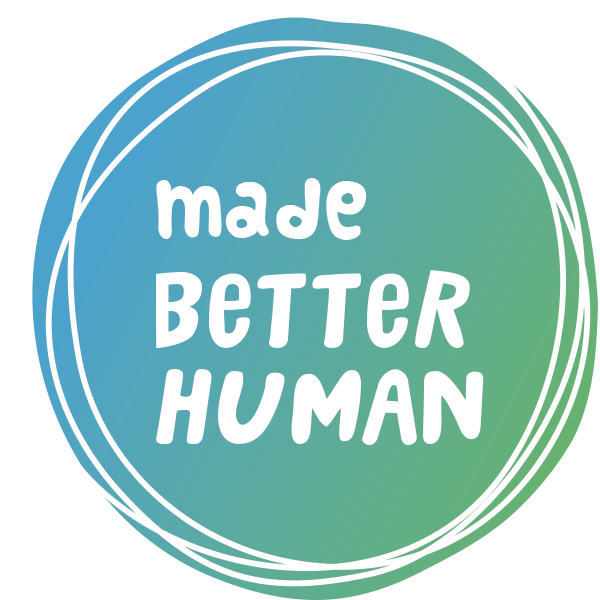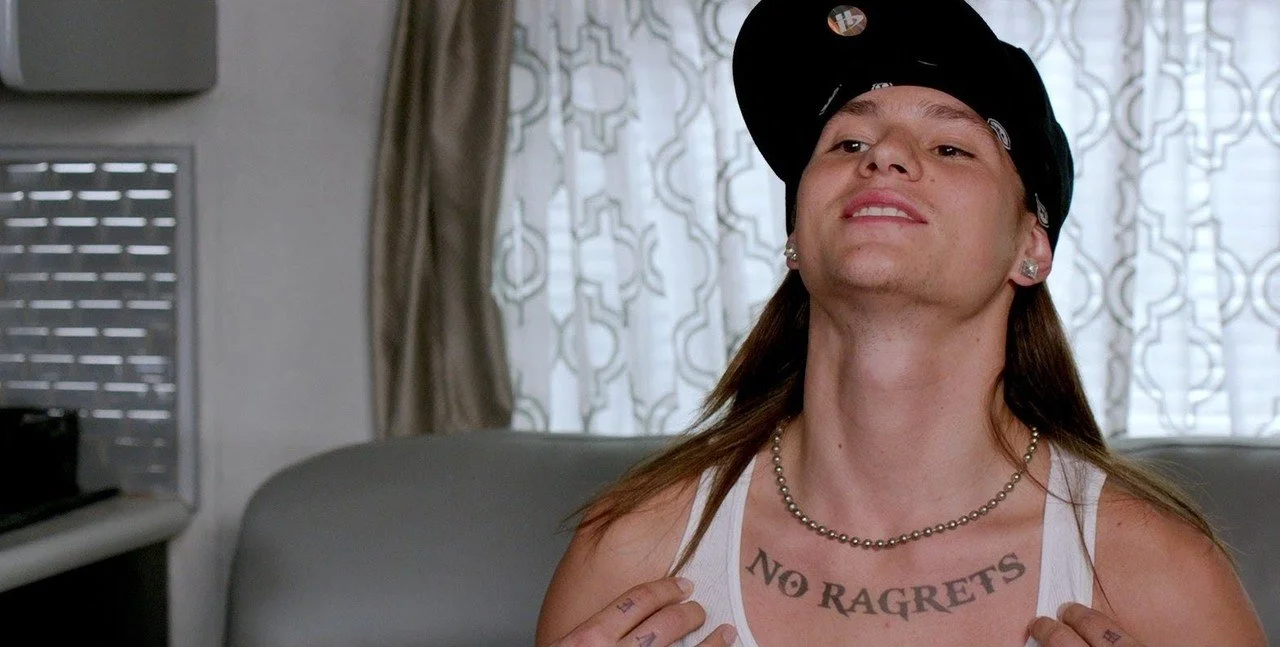In the film We're the Millers (2013), there’s a memorable and hilarious scene where Casey (played by Emma Roberts), the fake daughter in the pretend family, introduces her "dad," David (played by Jason Sudeikis), to her date, the dim-witted Scotty P. (played by Mark L. Young), a young guy with a very noticeable tattoo across his chest that reads "No Ragrets" (misspelled instead of "No Regrets").
David, playing the overprotective dad role, immediately notices the tattoo and questions the Scotty P. about it. He sarcastically asks, "Not even one letter?" implying that the guy should at least regret the misspelling. Scotty P., completely unfazed, insists that he has "no ragrets" about it, missing the irony.
This moment is played for laughs, highlighting the absurdity of both the tattoo and the guy’s lack of self-awareness. It has since become a widely shared meme, symbolising oblivious confidence in bad decisions. The motto, ‘No Regrets’, however, is profoundly relevant for us all. To reach the end of a year, a decade and our lives with few or no regrets is a life well lived.
Bronnie Ware, an Australian palliative care nurse, identified the top five regrets of the dying based on her experiences with patients in their final weeks of life. These regrets were later published in her book The Top Five Regrets of the Dying. They are:
"I wish I'd had the courage to live a life true to myself, not the life others expected of me."
Many people regret not pursuing their dreams and instead living according to societal or familial expectations.
"I wish I hadn't worked so hard."
Ware noted that many male patients, in particular, regretted spending too much time working at the expense of family and meaningful relationships.
"I wish I'd had the courage to express my feelings."
Many people suppressed their emotions to keep peace with others, leading to resentment and unfulfilled relationships.
"I wish I had stayed in touch with my friends."
In their final moments, people deeply valued friendships but often regretted not making the effort to maintain them.
"I wish that I had let myself be happier."
Many realised too late that happiness is a choice and that they had stayed stuck in old habits and fears rather than embracing joy.
These insights serve as a reminder to prioritise authenticity, relationships, and personal fulfillment in life. We always can reassess what we are prioritising in our lives, reconnect with the people we miss and who matter most, reform ideas that say happiness is elusive and re-engage with our feelings and remember how to express them. In other words, there is an open invitation to reinvent yourself any time we choose to move on from an old narrative.
If you are interested in reinvention or find yourself on the cusp of transformation, why not reach out to Made Better Human or consider attending our Made Better Stories program. You might find our module on Transitioning Stories particularly useful. We’re looking forward to witnessing your reinvention.

